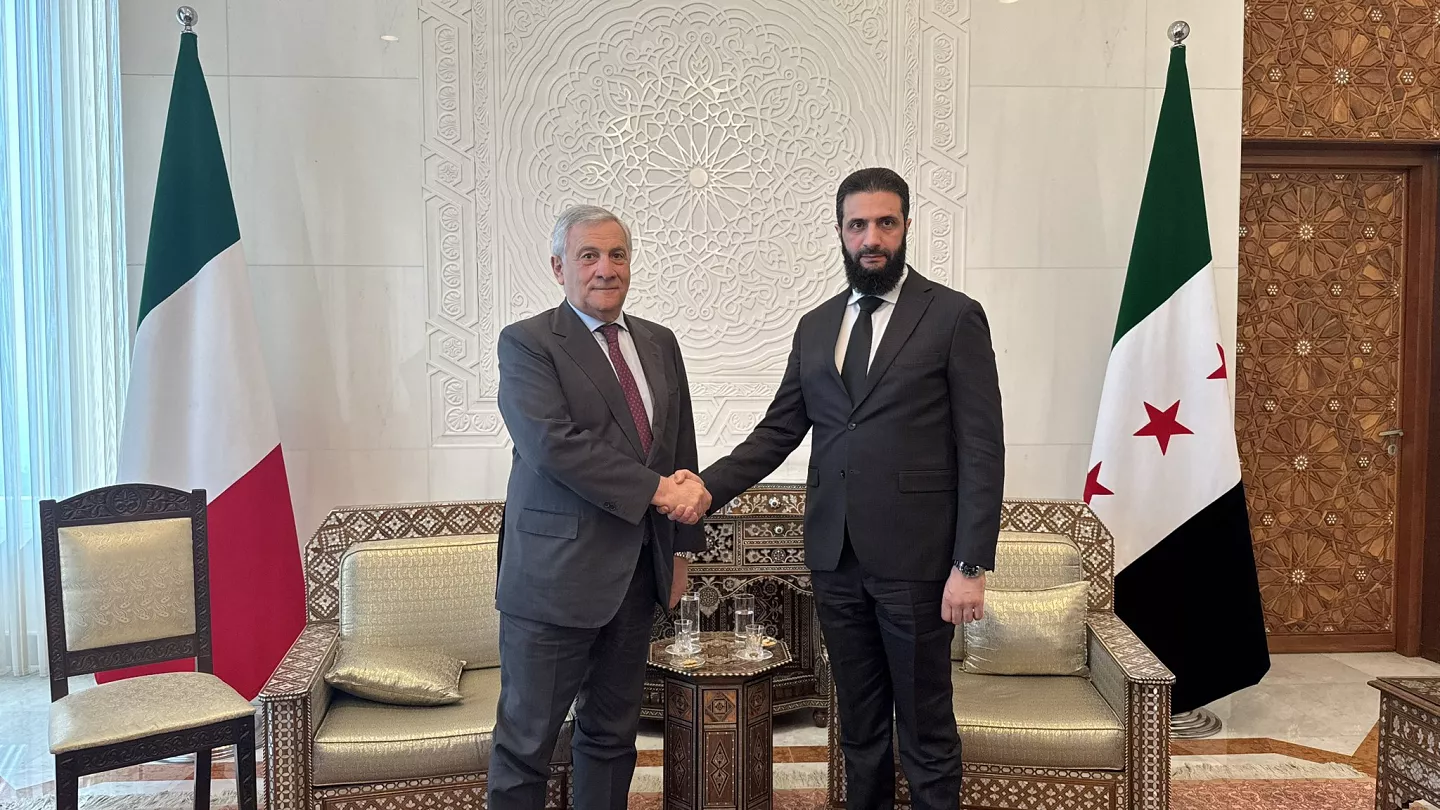Italian Foreign Minister Antonio Tajani announced he will travel to Syria on Friday to support the country’s transition following the ouster of President Bashar Assad by Islamist insurgents. He also called for a reassessment of European sanctions on Damascus, citing the changed political landscape.
Tajani hosted a meeting in Rome on Thursday with foreign ministry officials from five nations—Britain, France, Germany, Italy, and the United States—after earlier discussions by phone with his counterparts from Turkey and Saudi Arabia.
The purpose of the meeting, Tajani said, was to coordinate various post-Assad initiatives, with Italy planning to propose private investments in healthcare to benefit the Syrian population.
Ahead of his discussions with U.S. Secretary of State Antony Blinken and European counterparts, Tajani emphasized the importance of equal rights for all Syrians, including minorities.
His comments referenced concerns over the treatment of Christians and other minority groups under the new de facto authorities, led by Hayat Tahrir al-Sham (HTS), an Islamist militant group long designated as a terrorist organization by the U.S. and the United Nations.
“The initial signals from Damascus have been positive. That’s why I will visit tomorrow, to support this new phase aimed at stabilizing the international situation,” Tajani said.

Antonio Tajani In Syria
Sanctions and Policy Review
Speaking to reporters, Tajani urged the European Union to revisit its sanctions on Syria. “It’s a matter worth discussing because Assad is no longer in power. This is a new reality, and the positive signs emerging should be encouraged further,” he stated.
Syria has faced stringent sanctions from the U.S., the European Union, and others for years due to Assad’s brutal suppression of peaceful anti-government protests in 2011, which escalated into a civil war.
HTS led a swift insurgency that culminated in Assad’s removal on December 8, ending his family’s decades-long rule. The Syrian civil war, which spanned from 2011 to Assad’s downfall, claimed an estimated 500,000 lives.
Evolving U.S. Position
The United States has begun easing some sanctions following Assad’s departure to Russia for protection. In December, the Biden administration withdrew a $10 million bounty previously offered for the capture of a Syrian rebel leader whose forces played a central role in Assad’s ouster.
The international community, including the U.S., has urged Syria’s new leadership to uphold the rights of minorities and women.
Before the war, Christians made up approximately 10% of Syria’s population. Many fled the country or supported Assad out of fear of persecution by Islamist insurgents.
